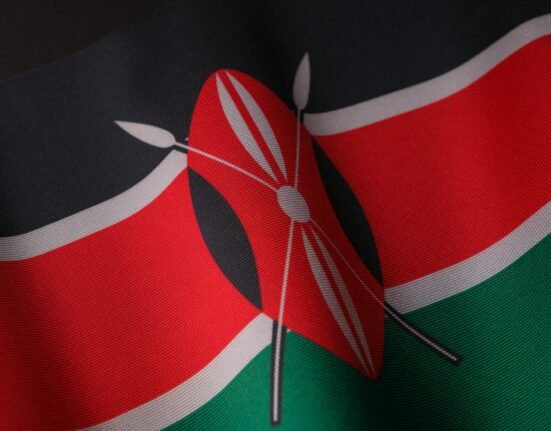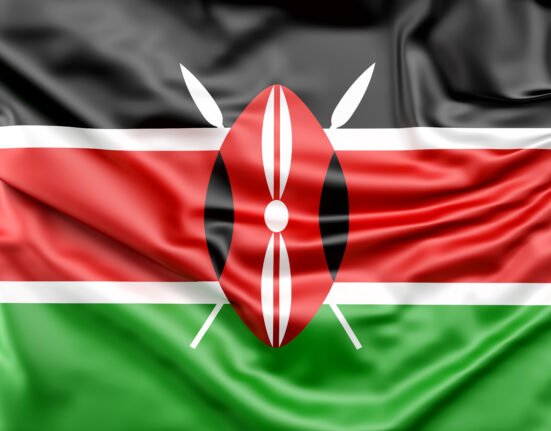KSA Enforces Strict Compliance on High-Risk Betting Markets
The Dutch Gambling Authority (Kansspelautoriteit – KSA) has issued formal warnings to ZEbetting and Betca, two licensed online betting operators, for offering prohibited betting markets on tennis matches. The enforcement action centered on bets related to winning or losing a specific set – a category explicitly banned under Dutch law due to its heightened risk of manipulation.
According to the KSA, these types of wagers fall under “negative or easily manipulated betting events,” which Dutch gambling legislation has outlawed to safeguard sporting integrity and protect consumers from fraud.
Both ZEbetting and Betca have since complied with the directive, removed the offending betting markets, and pledged to tighten internal market monitoring. The regulator confirmed that both companies are now cooperating to prevent similar incidents in the future.
A Broader Regulatory Push
This action forms part of a broader regulatory campaign by the KSA, which is intensifying its oversight across the legal gambling sector. The authority emphasized that all licensed operators must proactively monitor their platforms and report any accidental violations immediately. Failure to do so could result in financial penalties or license review.
The move follows closely on the heels of another high-profile enforcement initiative. Just last week, the KSA imposed conditional fines on three companies found promoting illegal gambling through the affiliate website CasinoScout.nl. Each of those companies now faces weekly fines of €75,000 ($88,000) if violations persist.
Sports Sponsorship Ban Gaining Traction
The tennis bet enforcement also coincides with the full implementation of the KSA’s sports sponsorship ban, which came into effect on 1 July 2025. The regulator has reported “high levels of compliance” among operators, noting that public-facing sponsorships have almost entirely disappeared from the Dutch sports landscape.
This sponsorship ban aims to reduce the visibility of gambling in mainstream culture, particularly among minors and vulnerable groups. Operators are no longer permitted to display branding on sports team uniforms, stadium advertisements, or other promotional materials in public spaces.
Industry Impact and Outlook
The incident involving ZEbetting and Betca serves as a reminder that even licensed operators remain under close scrutiny in the Netherlands. The KSA is not only targeting offshore and illegal operators but also holding domestic licensees to high standards of compliance.
With regulators across Europe focusing more on match-fixing prevention, responsible gambling, and consumer protection, the Dutch model may become a benchmark for other jurisdictions seeking to enhance integrity in sports betting markets.
For now, Dutch operators are on notice: compliance is not optional, and the KSA intends to enforce rules vigorously to maintain the credibility and fairness of the licensed market.























